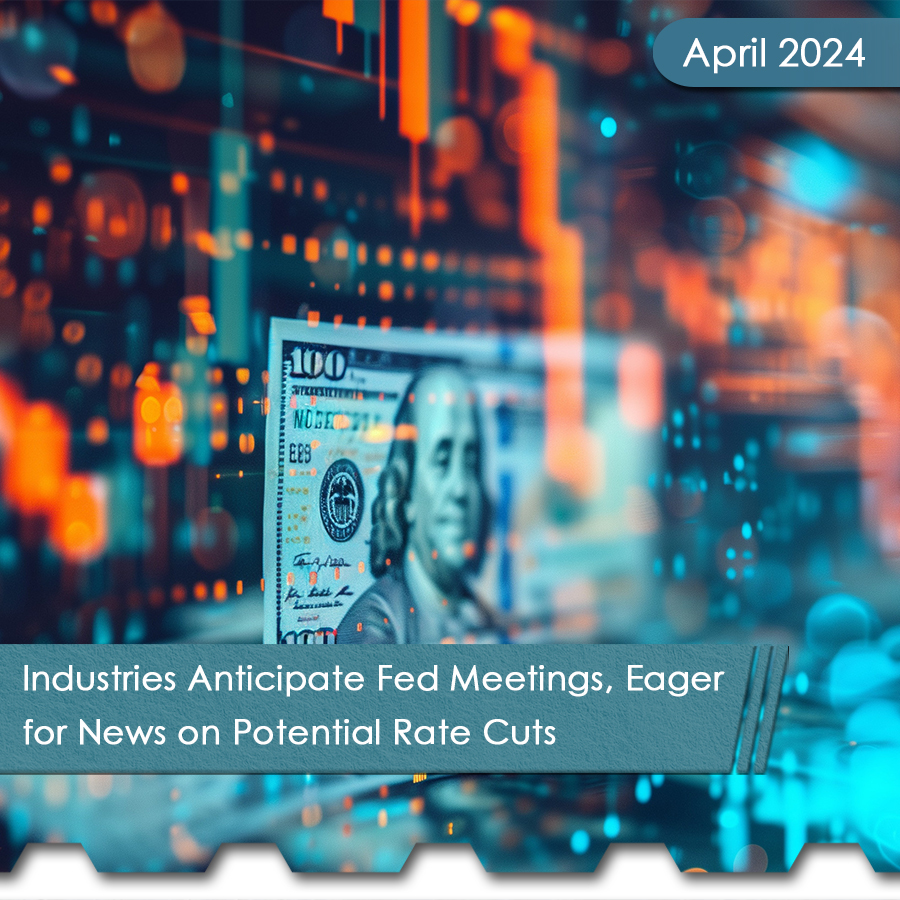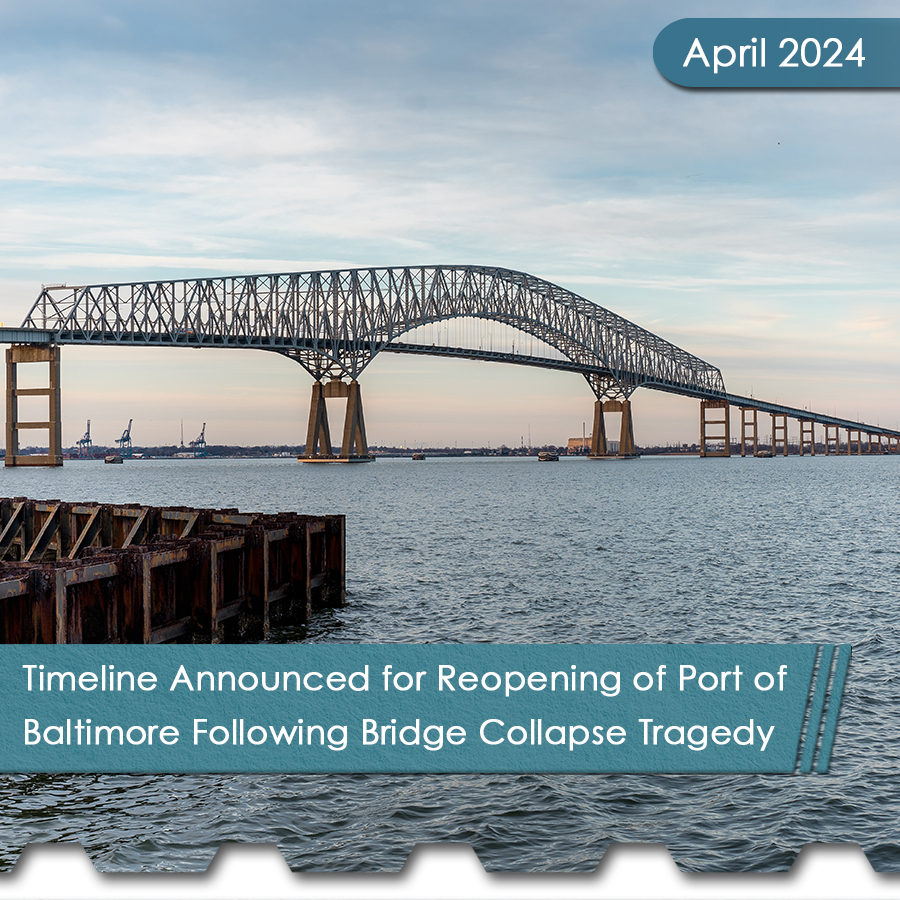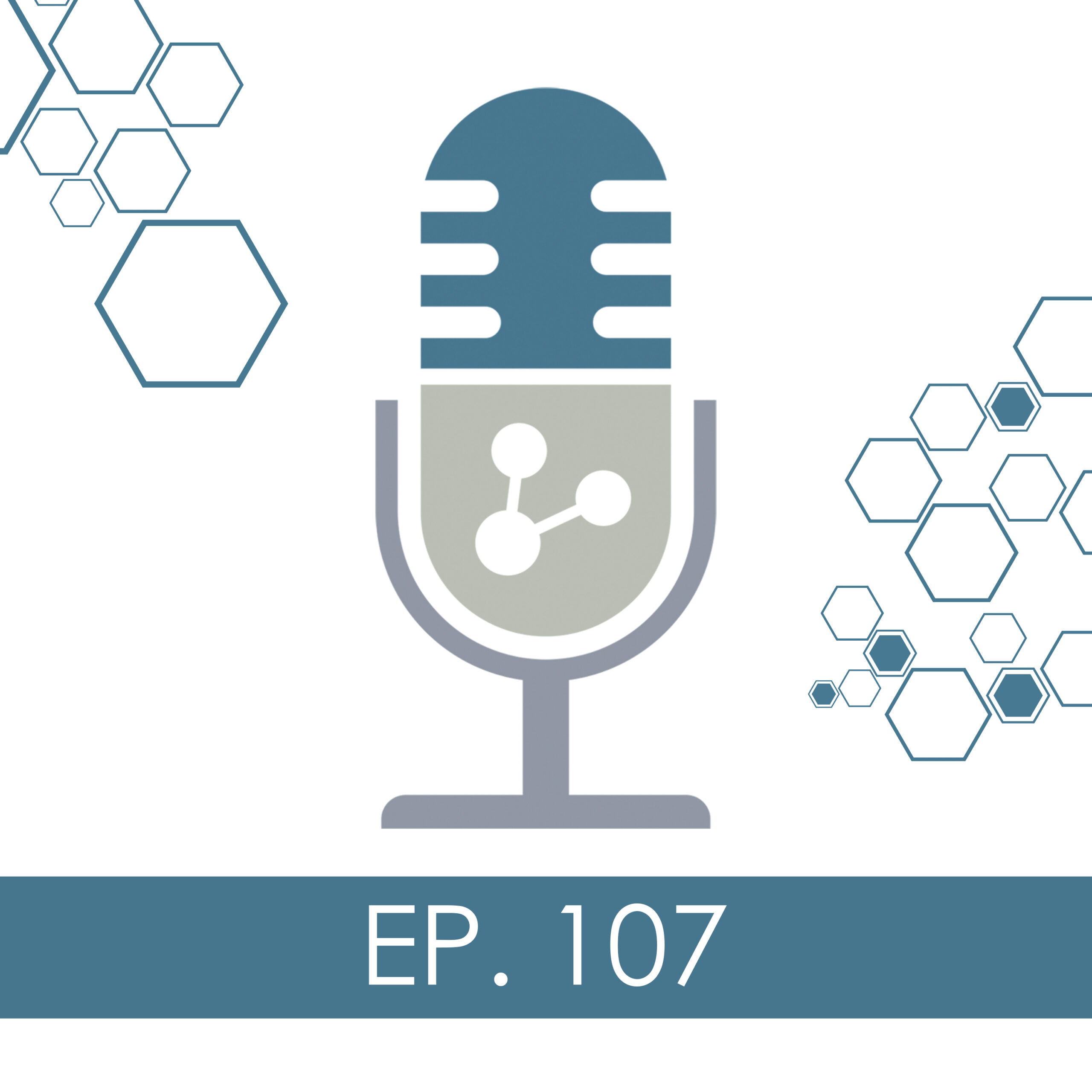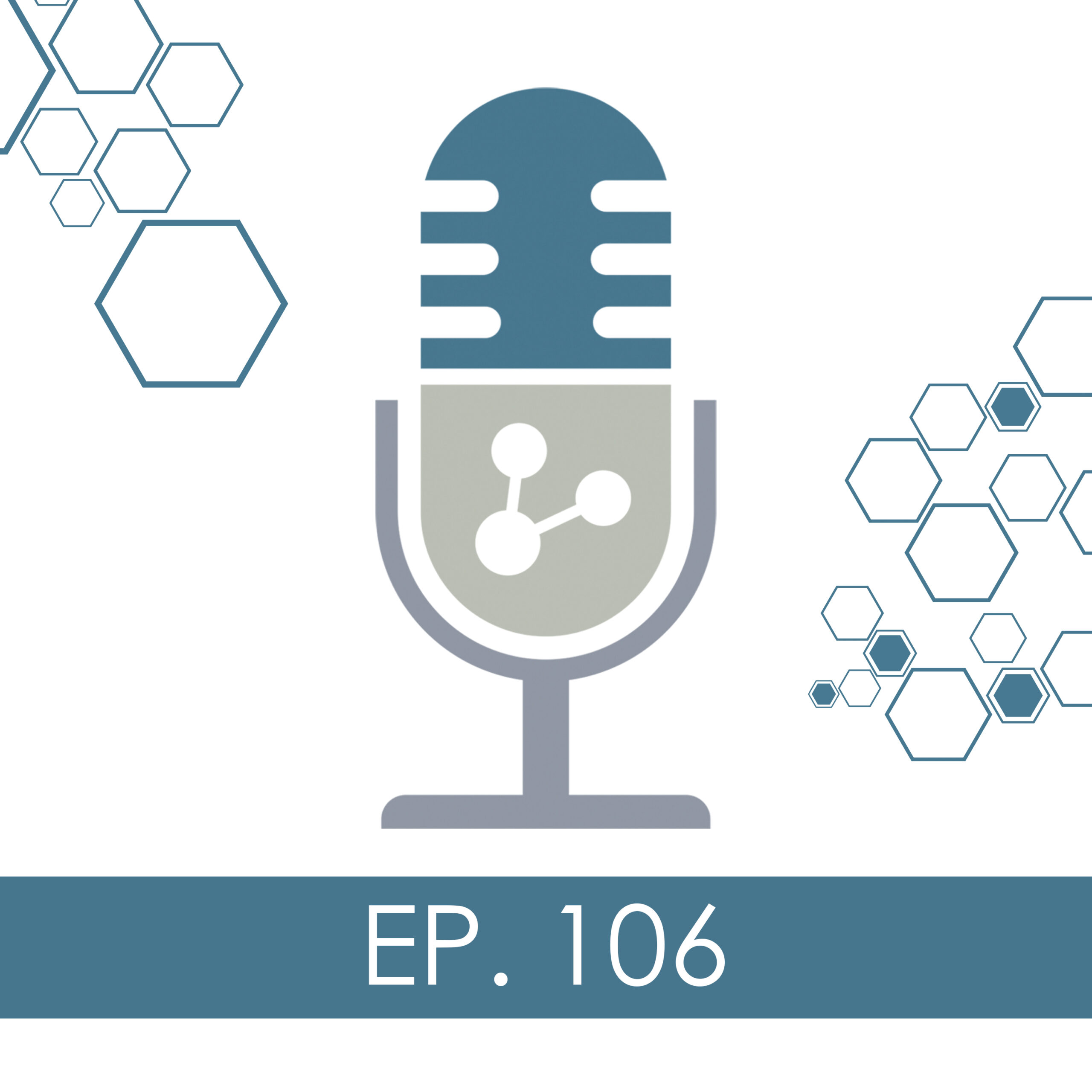
Without doubt, the American economic picture has improved in favor of consumers. Whether the boost is a temporary situation is strongly debated. The optimists as well as the naysayers have convincing arguments. Will Keystone XL become a reality? Should it? And what about Net Neutrality? Does the average Internet user even understand what it means? While a fed researcher predicts low inflation for the next two years, the dollar gains, treasury slides and fluctuating U.S. stocks are making analysts nervous. “Cautious Optimism” appears to be the watchword of the week. Read on and see if you agree with the pundits.
As Oil and Gas Prices Fall—Americans Have More to Spend
A recent NY Times article thanks Saudi Arabia as an unlikely source of savings for the American consumer. The dramatic drop in prices at the gas pump generated by domestic energy production has paired with Saudi discounts for crude at a time of softening oil demand. The combination set the stage for a multi-million dollar boost to the spending power of the average American.
Dean Maki, chief United States economist at Barclays said, “When oil prices fall, the benefit to consumers outweighs the loss to producers. Investment in oil and gas production is still less than 1 percent of gross domestic product. Consumer spending is 68.5 percent of G.D.P.”
The World is Watching U.S. Decision on Keystone XL
A fuelfix.com blog by Jennifer A. Dlouhy claims that world business leaders are closely watching U.S. moves on the Keystone XL pipeline. Last Friday, the House passed legislation authorizing the project and the Senate is slated to vote on the issue next week, but whether President Obama will endorse the program is still unclear.
In an interview, Siemens AG CEO Joe Kaeser said, “It doesn’t do any good to have the greatest opportunity in the world to produce cheap, (reliable and sustainable) energy if you stop halfway through and don’t transport that blessing you folks have in this great country.” He stopped short of saying it would be a mistake to block Keystone XL, noting it’s bad form for foreigners to give unsolicited advice.
The Lowdown on Net Neutrality
According to a well-written article in the Fiscal Times by Andrew Lumby, the term “net neutrality” has been beat to death by the media and alleged experts in blogs and other unsavory outlets for unsolicited opinions. Nonetheless, if the average person on the street were asked for a definition of the term, the majority would hem and haw as they spew a litany of fuzzy metaphors and esoteric jargon created by the kings of deceit in the financial community.
Terms like “Quantitative Easing,” will be bandied about along with “paid prioritization,” and my personal favorite, “Title II legislation.” It’s enough to make you choke on your own thought.
Lumby clearly explains that, “Net neutrality is, at its core, the concept that every piece of information on the public Internet should be as accessible as any other.” Then he breaks it down to easily understood terms that define why net neutrality really matters. The article is well worth reading.
Will Low Inflation Persist Through 2016?
Bloomberg reporter Jeff Kearns says that research by the Federal Reserve Bank of San Francisco gives good reason to believe that is the case.
According to Vasco Cúrdia, a senior economist at the regional reserve bank, “Persistent effects from the financial crisis are the main reason inflation is expected to remain low for so long. The financial crisis disrupted the credit market, leading to underinvestment and underutilization of resources in the economy. This slowed the economic recovery and pushed inflation down more than 2 percentage points.”
Cúrdia said he used a model that accounts for different aspects of monetary policy, including interest rates as most models do, while also incorporating inputs based on large-scale asset purchases and forward guidance about keeping rates low.






